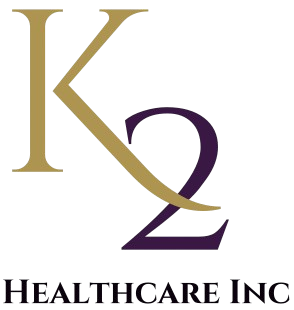ADHD
ADHD (Attention-Deficit/Hyperactivity Disorder) is a neurodevelopmental condition that affects both children and adults, making it difficult for individuals to maintain focus, manage impulses, and regulate behavior. People with ADHD often experience a range of symptoms that can impact daily life, school, work, and personal relationships.
Here’s an overview of ADHD, common symptoms, diagnostic approaches, and treatment options:
What is ADHD?
ADHD is characterized by persistent patterns of inattention, hyperactivity, and impulsivity that interfere with functioning or development. It’s one of the most common mental health disorders in children, though it often continues into adulthood. ADHD isn’t just about “not paying attention”; it affects how the brain manages tasks, impulses, and organization, which can vary greatly from person to person.
What Are Common Symptoms of ADHD?
Symptoms of ADHD fall into three main categories: inattention, hyperactivity, and impulsivity. Here are some of the most common signs associated with each:
Inattention:
- Difficulty staying focused on tasks or play activities
- Frequently making careless mistakes or overlooking details
- Struggling with organization and time management
- Avoiding or having difficulty sustaining attention in tasks that require prolonged mental effort
- Frequently losing items needed for tasks (e.g., keys, books)
- Easily distracted by external stimuli
Hyperactivity:
- Feeling restless or often fidgeting with hands or feet
- Difficulty remaining seated or in one place
- Talking excessively or feeling the need to always be on the go
- Struggling with quiet activities or waiting their turn
- Frequently interrupting conversations or intruding on others’ activities
Impulsivity:
- Acting without thinking about the consequences
- Having difficulty waiting for their turn in conversation or games
- Making hasty decisions or interrupting others often
- Seeking immediate gratification and struggling with delayed rewards
Symptoms can present differently in children and adults. For example, hyperactivity may decrease with age, but issues with focus and impulsivity can persist, affecting relationships and work productivity.
How is ADHD Diagnosed?
ADHD is typically diagnosed through a comprehensive evaluation by a healthcare professional, such as a psychologist, psychiatrist, or pediatrician. The diagnostic process may include:
- Clinical Interviews and Questionnaires: Parents, teachers, or partners may be asked to provide information on behavior and symptoms.
- Behavioral Rating Scales: These help quantify the frequency and severity of ADHD symptoms.
- History and Observation: A detailed history of symptoms, including when they began and how they affect daily life, is critical.
- Standardized Tests: Although there isn’t a single test for ADHD, various psychological and cognitive tests can be used to rule out other conditions and to understand cognitive functioning.
For a diagnosis, symptoms must be present for at least six months, appear in multiple settings (e.g., home, work, school), and interfere with everyday functioning.
What Treatment Options Are Available for ADHD?
ADHD treatment is usually personalized and can include a combination of strategies. Here are some commonly used options:
Medication:
- Stimulants (like methylphenidate or amphetamine-based medications) are commonly prescribed and help improve focus by increasing dopamine and norepinephrine levels in the brain.
- Non-Stimulants (like atomoxetine) are also an option, particularly if stimulants are ineffective or cause side effects.
Behavioral Therapy and Counseling:
- Cognitive Behavioral Therapy (CBT) can help manage impulsivity and improve organizational skills.
- Behavioral Parent Training teaches parents effective strategies for managing a child’s symptoms.
- ADHD Coaching for adults can offer practical tips on organization, time management, and focus.
Lifestyle and Behavioral Changes:
- Regular physical activity, a balanced diet, and proper sleep have been shown to help manage symptoms.
- Building structured routines and breaking down large tasks into smaller steps can also be effective.
Educational Support:
- For children, individualized education plans (IEPs) or 504 plans can provide accommodations in school to help with learning.
- Adults may benefit from workplace adjustments, such as flexible deadlines or quiet spaces to work.
Treatment for ADHD can help people build skills and manage symptoms, allowing them to thrive in their personal, academic, and professional lives.
